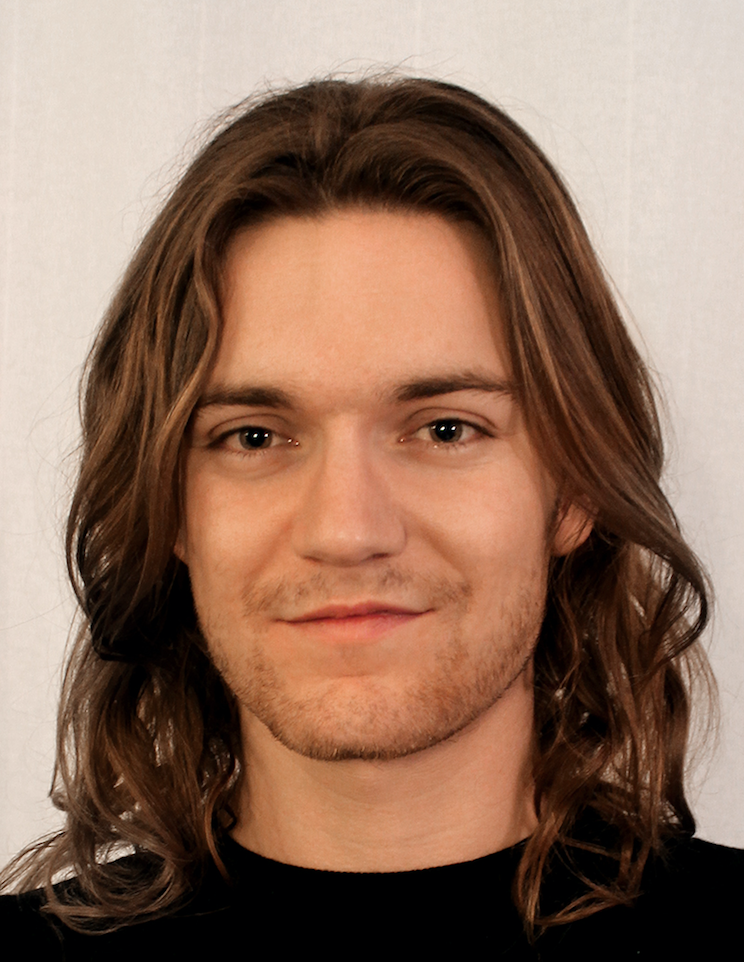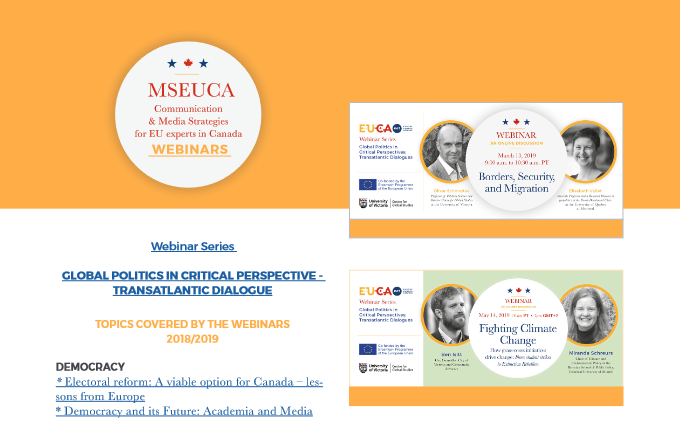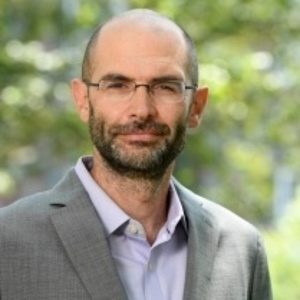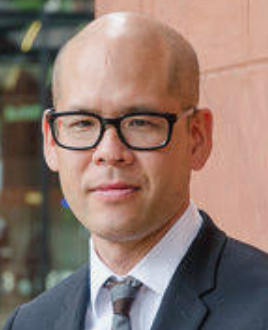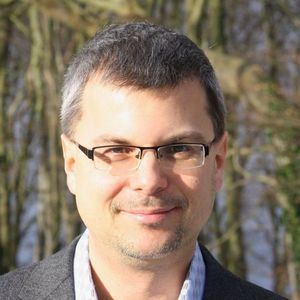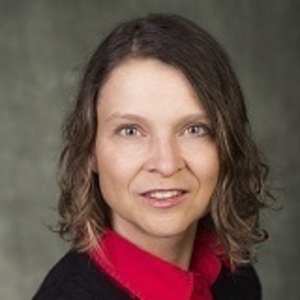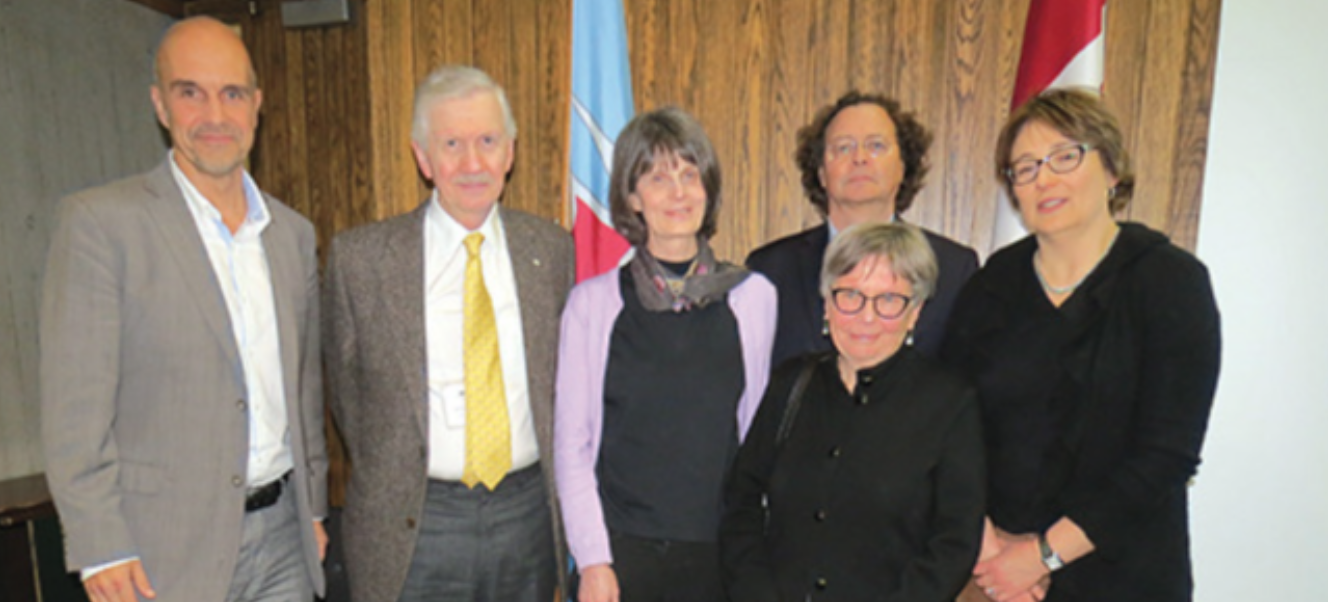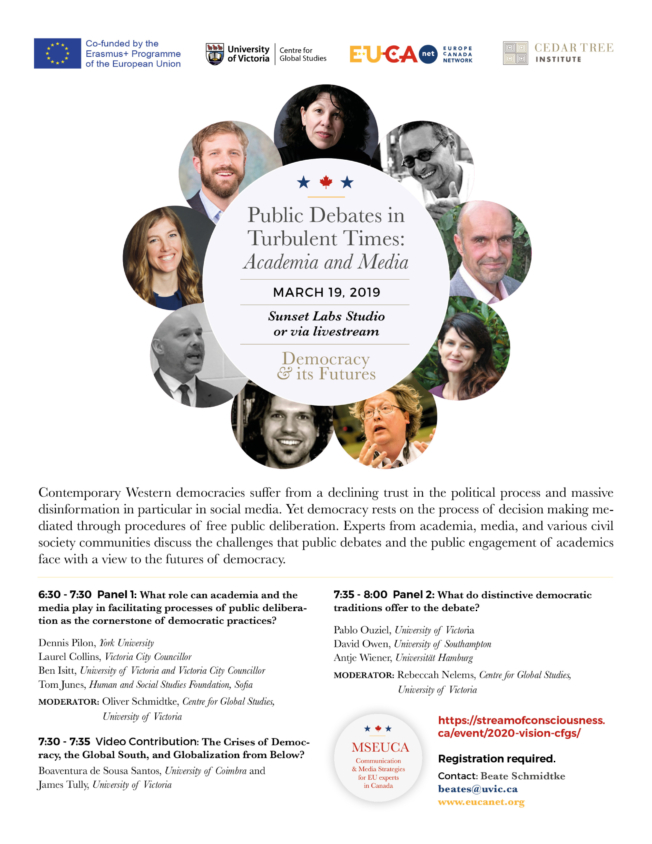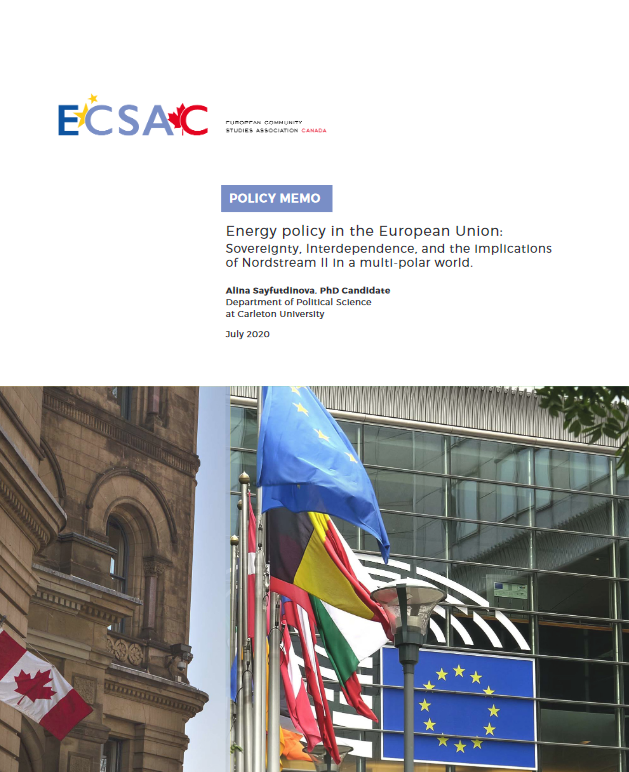Young Scholar, Thibault Biscahie, specializes on France and the EU
Thibault Biscahieis a PhD Candidate in the Department of Politics at York University.
After studying in France, Thibault discovered his interest in European Studies upon his arrival in Canada. While his research still focuses primarily on French politics, Thibault talks about the advantages of studying European political dynamics from a non-European country. In Canada there is a rich community of European scholars who are creating meaningful research on the Union, but the degree of separation that is achieved by being a non-Member State with no European borders allows a level of objectivity that is difficult to achieve on the continent.
What attracted you to the field of European Studies/fascinated you about the EU?
I was first introduced to the field of European Studies when I was a student at Sciences Po Lille. I was majoring in International Studies, and European Studies were part of the curriculum. However, European Studies were not my main area of specialization at the time, partly because they were taught in a rather uncritical manner. Paradoxically, it is only when I moved to Toronto to start my PhD at York University that European Studies became my main field of inquiry. My departure from Europe to Canada coincided with what seemed like a turbulent time for the European Union. Brexit occurred while the Eurozone crisis had already weakened popular support for the European project. Despite these tensions, Emmanuel Macron won the French presidential election on a clear pro-European platform a few months later.
Understandably, European studies do not have the same prominence in Canada as they do in EU countries, and this perhaps further motivated me to engage with this type of scholarship. Interestingly, looking at EU dynamics and policies from abroad provides a perspective that helps capturing ‘the big picture’, so to speak. Some issues or debates are sometimes very heated or passionate when discussed in their respective countries, and looking at those issues from the other side of the Atlantic favors further contextualization and avoids the fuss and franticness of everyday news and commentaries. From a theoretical standpoint, physical distance from your object of inquiry somehow prevents you from the pitfall of state-centrism to favor comparative approaches instead, and this also encourages critical thinking. Looking at Europe from a distance can help questioning certain dogma, it can make us revise uncritically accepted ideas about the power dynamics at the heart of European integration, or the fiscal and budgetary logics governing the Economic and Monetary Union, for instance.
On a more personal note, I was lucky enough to travel regularly to various European countries over the last decade, and I have always appreciated this incredible opportunity that young Europeans have: being able to visit and potentially settle in 27 different countries without much hindrance. In another context, Anthony H. Richmond used the term ‘transilience’ to describe the ability to move from one country and one culture to another, and back again. This transilience, I believe, has become a very strong feature of European identity.
What is the most important issue to be addressed in your research?
My research project focuses on the election and presidency of Emmanuel Macron, but seeks more broadly to explore the specificities of French capitalism. It is often parochially argued that French tax revenues are among the highest in the world, and that resistance to neoliberalism is important in this country which is often deemed ‘ungovernable’. Yet, if one looks at the fiscal, industrial and socio-economic policies implemented since the end of World War II, one realises that France’s strong state has been put at the service of capital, not redistribution. Against this background, I would argue that Emmanuel Macron’s policy orientations and mode of governance signal an acceleration and a deepening of the contradictions already at play in the French political economy for quite some time.
Emmanuel Macron’s election has exacerbated the ideological crisis plaguing the French party system for the last three decades. The co-optation of prominent political figures from both sides of the political spectrum has enacted the shift to the Right of Parti Socialiste, as well as the weakening of the traditional Right. The philosophy of this new alliance was built around a core comprised of technocracy, liberalization and supply-side economic policies. With Macron’s election, the dangerous liaisons between private and public actors at the head of the French state and administration have thus become more obvious than ever.
Yet, it is difficult to determine the kind of ideology Macron is adhering to. Could it be the German ordoliberal tradition? Germany’s sound finances are often regarded as the example to follow, and ordoliberalism historically had its adepts among French elites. To which extent does this doctrine of price stability and balanced budgets still influence the French political economy? Besides, as a European enthusiast, Emmanuel Macron has until recently pledged to respect the Maastricht convergence criteria. But does he abide by these budgetary and fiscal rules because he is forced to do so, or do the institutions promoting these rules serve to ideologically and symbolically legitimate the norms that France advocates for in the first place? Alternatively, could Macron’s finance background lead him to look at Britain? Does Macron see Brexit as an opportunity for Paris to replace London as the major financial stronghold in Europe? Could this be the reason for the accommodating fiscal policies for businesses and wealthy tax payers that his government implemented?
These questions are important because they show that even though France has followed a very peculiar capitalist trajectory, one should also conceptualize French ideological orientations and policy choices against the background of the political preferences and economic persuasions of neighboring countries.
In many respects, the Macron presidency is a moment of radicalization, both at the Elysée Palace and in the streets. The concentration of power at the apex of the state is manifest, with a very notable drift towards the coercive end of the spectrum. Yet, original forms of protest have erupted over the last few years, such as the Yellow Vests movement, the 2019 pension reform protests, or the Comité “La vérité pour Adama” (which demands justice for Adama Traoré, who died in police custody in 2016). This suggests that austerity, supply-side economics and police brutality are now met with new forms of politicization and novel forms of resistance that deserve thorough ideological and theoretical scrutiny.
Thibault Biscahie is a PhD Candidate in the Department of Politics at York University. His work focuses on the election of Emmanuel Macron and its impact on French political economy and society. In addition to French and European politics, Thibault is interested in Global Political Economy, International Relations and Comparative Politics. During his doctoral studies, Thibaut has presented his work in Canada, the United States, Britain, Switzerland and Greece. Before joining York University, Thibault studied at Sciences Po Lille, Université du Québec à Montréal and Aix-Marseille University. In the fall of 2020, Thibault will be directing the course Global Power, Governance and Resistance at York University.
